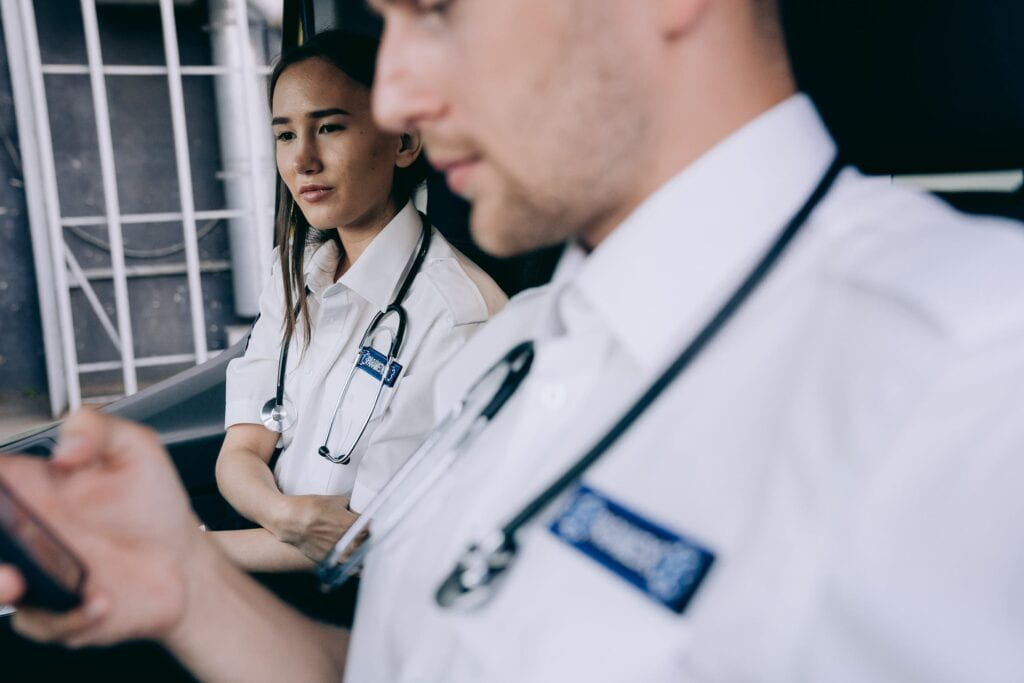
In the event of a traumatic experience, disaster responders and rescue workers are expected to efficiently and productively respond, often at the expense of their mental well-being. The authors of this study aimed to explore the role of different coping styles on probable Post Traumatic Stress Disorder (PTSD) and other covariates.
The study sample was recruited from the National Disaster Medical System to respond to a voluntary internet survey. At the end of the recruitment period and after fulfilling the eligibility criteria, 549 completed surveys were included in the study. Participants of the survey were screened for probably PTSD using the Diagnostic and Statistical Manual of Mental Disorders and validated clinical tools.
The researchers found that 9.1% screened positive for probable PTSD, 35.3% screened positive for at least one of the PTSD subscales and 10% screened positive for all of the subscales. When screening for alcohol use disorder, 5.7% screened positive for alcohol use, of which 4.9% demonstrated harmful alcohol consumption levels and 0.7% were alcohol dependent. Generalized anxiety disorder was found in 25.5%, and 27% reported some degree of depression. Additionally, the bivariate analysis revealed significance in the relationship between exposure to traumatic life events and the likelihood for probable PTSD.
The study concludes that when disaster responders are exposed to traumatic disaster events, probable PTSD is more likely to be influenced by coping behavior styles. Those who utilized avoidant coping behaviors have a greater likelihood for probable PTSD and comorbidities such as anxiety and depression were also found to be significantly associated.
Read the abstract and download the journal article here.
